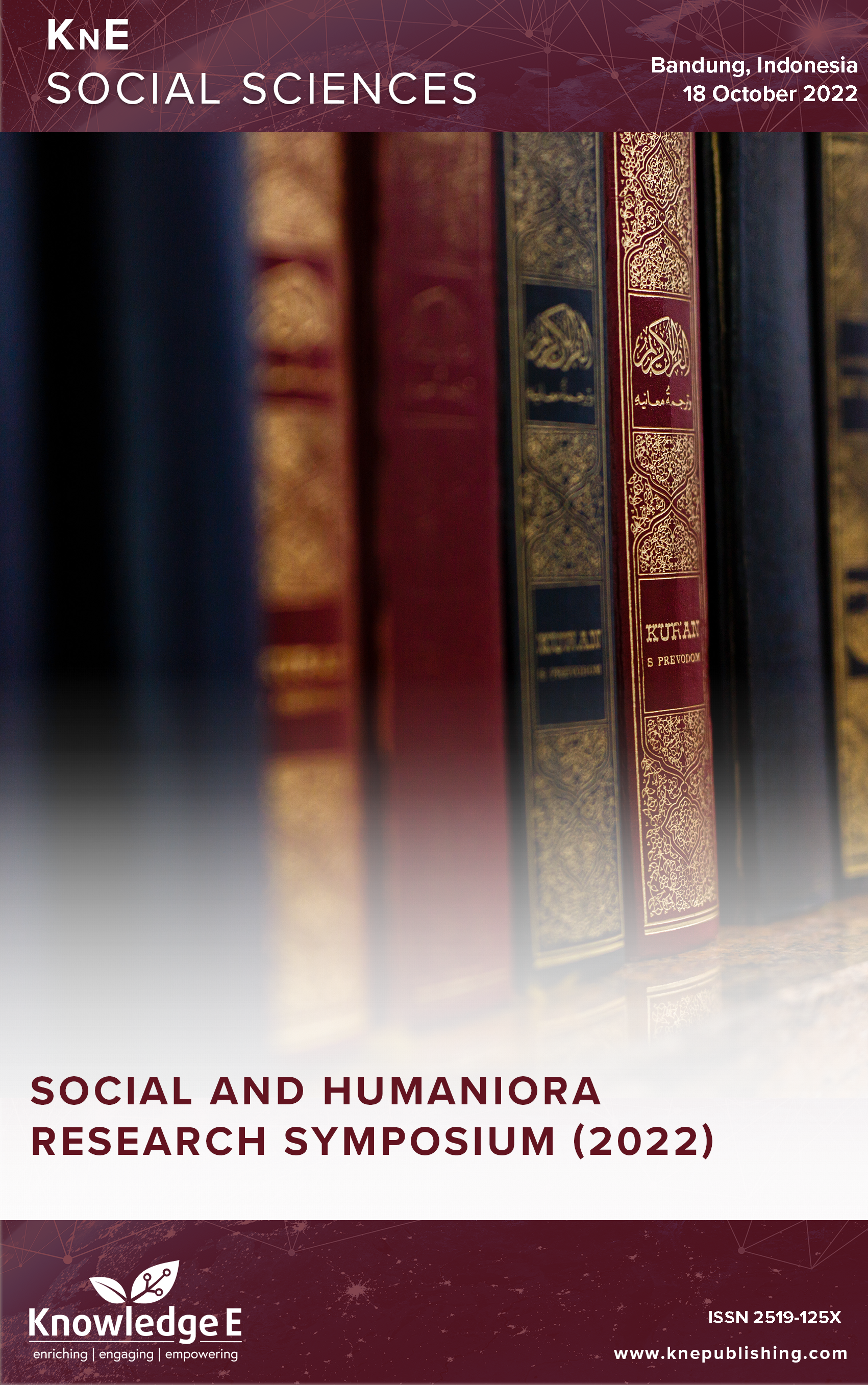Feature of the Knowledge of the Posyandu Cadre School Participants Based on the Pattern of the Material Provided
DOI:
https://doi.org/10.18502/kss.v8i18.14250Abstract
National health development focuses on preventive and promotive approaches, as well as empowering families and communities through Posyandu (Integrated Health Service Post). Posyandu cadres play a crucial role in improving the health status of the community. It is essential to continuously foster and enhance the capacity of Posyandu cadres, particularly in addressing health issues related to infants and pregnant women, with a holistic approach that empowers the surrounding community. In collaboration with Parongpong District, the Faculty of Medicine at Unisba has developed a program called the Posyandu Cadre School to strengthen the skills and knowledge of Posyandu cadres. This program aims to improve their understanding of their roles at Posyandu, health topics, communication skills, and the role of women in Islam. Through the Posyandu Cadre School, cadres receive training on various topics, with a total of 17 topics covered. The post-test evaluation of the program reveals that cadres have achieved the highest mastery in topics such as the role of women in Islam, nutrition, stunting, youth health, coping with stress management, and skin health (score > 75%). However, there are certain topics where understanding remains relatively low, such as English proficiency and prevention and control of diarrhea (score < 50%). Nevertheless, overall, the participants have demonstrated a good understanding of the basic concepts of Posyandu. These findings highlight the importance of continuous debriefing and competence-building for Posyandu cadres to ensure their readiness and competency. By enhancing the role of Posyandu cadres, the overall health status of the community can be improved indirectly.
Keywords: Posyandu cadre school, Parongpong, health status, community
References
[2] Pemerintah Kabupaten bandung Barat. “Profil Kabupaten Bandung Barat.” 2018;2504: 1–9. [Online].
[3] Megawati G, Wiramihardja S. Peningkatan Kapasitas Kader Posyandu Dalam Mendeteksi Dan Mencegah Stunting. Dharmakarya. 2019;8(3):154.
[4] Nurbaya NZI, Rahmat HS. “Peningkatan Pengetahuan Dan Keterampilan Kader Posyandu Melalui Kegiatan Edukasi Dan Simulasi,” JMM ( Jurnal Masy. Mandiri). 2022;6(1):678–686. https://doi.org/10.31764/jmm.v6i1.6579
[5] Susanto F, Claramita M, Handayani S. Peran kader posyandu dalam memberdayakan masyarakat Bintan. Berita Kedokteran Masyarakat. 2017;33(1):13.
[6] Tati TN, Hanna H. Pelatihan Bagi Kader tentang Penyuluhan Pada Kegiatan Posyandu. Volume 1. Empower. Jurnal Pengabdian. 2022. pp. 646–653. [Online]. Available http://journal.sinergicendikia.com/index.php/emp/article/view/ 229{%}0Ahttp://journal.sinergicendikia.com/index.php/emp/article/download/229/ 203
[7] Sujana T. “Peran Posyandu Dalam Pemberian Promosi Kesehatan Dengan Kecukupan Gizi Pada Balita Di Kecamatan Tobelo Halmahera Utara. J Kesehat Bakti Tunas Husada J Ilmu-ilmu Keperawatan, Anal Kesehat dan Farm. 2019;19(1):80–92. https://doi.org/10.36465/jkbth.v19i1.453.
[8] Fitriyana S, Rathomi HS, Shafira S. The Need for Adolescent Mental Health Intervention in Primary Health Care Perlunya Intervensi Kesehatan Mental Remaja di Pelayanan Kesehatan Primer. 2020;8(22):155–161.

